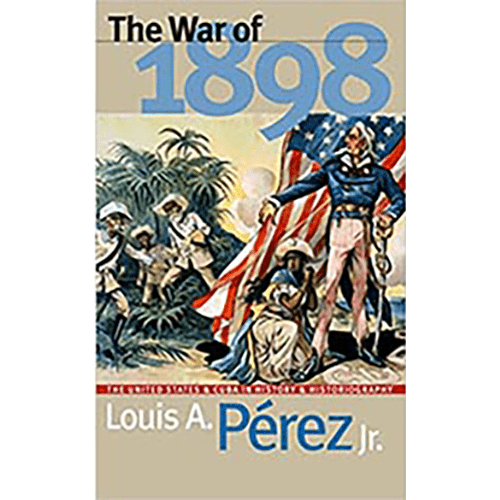Description
Author Louis A. Pérez Jr.
Publisher The University of North Carolina Press
Format paperback
Condition like new
Summary
The War of 1898 by Louis A. Pérez Jr. is an essential, thought-provoking analysis of one of the most pivotal yet often misunderstood moments in American and global history. Pérez, a distinguished historian of Latin American and Cuban studies, examines the Spanish-American War not as a simple conflict over Spanish colonies but as the beginning of the United States' transformation into an imperial power. He skillfully reveals how this brief war reshaped U.S. foreign policy and profoundly impacted Cuba, Puerto Rico, and the Philippines. Pérez brings forward voices often overlooked—those of the colonized—offering a balanced perspective on nationalism, conquest, and the cost of empire. Readers will find his narrative both scholarly and accessible, enriched with maps, illustrations, and primary source documents. A perfect addition for collectors, history enthusiasts, and students of American and Latin American studies.
